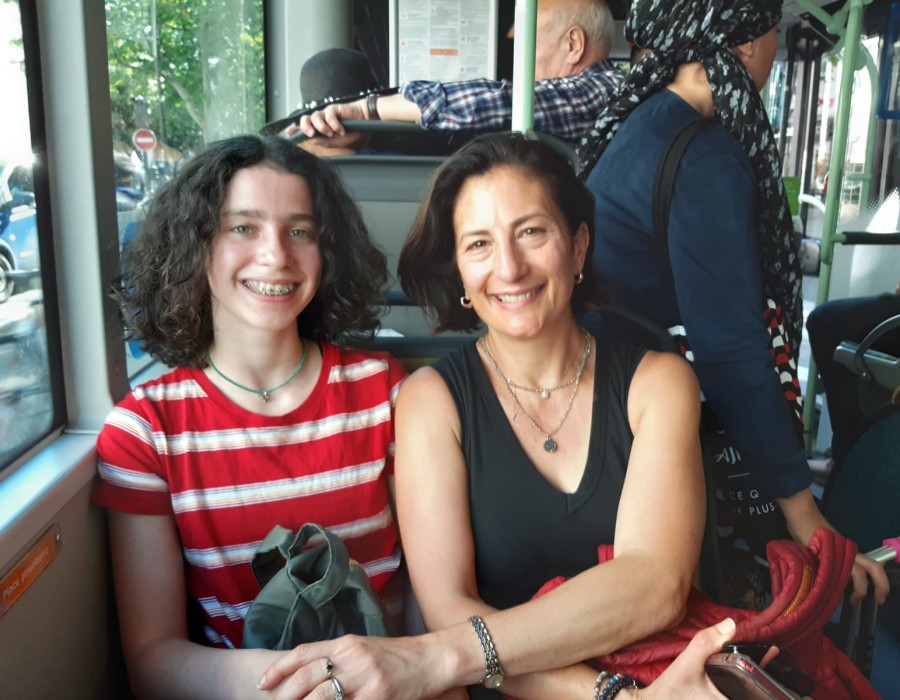Nature has long been a source of solace for humanity, offering more than just scenic landscapes and fresh air. The concept of ecotherapy, also known as nature therapy or green therapy, is gaining traction as a potent method for healing the soul. Rooted in the idea that connection with nature has profound psychological and emotional benefits, ecotherapy transcends traditional therapeutic settings, utilizing the natural world as a catalyst for inner transformation and healing.
Ecotherapy, at its fundamental level, is deeply rooted in the understanding that humans possess an inherent bond with the natural world. This therapeutic modality respects and harnesses the potent healing capabilities of nature, viewing it as a significant counterbalance in a society increasingly dominated by swift advances in technology and incessant demands on our time. At the heart of ecotherapy lies the principle of re-establishing our primary connection with the environment, an association that dates back to our earliest ancestors. Recognizing this bond, ecotherapy embraces the healing properties of nature, offering a haven for the soul where it can find restoration, revitalization, and comfort. In a professional context, experts like Dr. Heidi Kling leverage this approach to assist individuals in achieving mental balance and well-being.
The healing properties of nature have been revered throughout history, found in ancient philosophies and indigenous cultures worldwide. Modern research supports this age-old wisdom, demonstrating the myriad mental health benefits of spending time outdoors. Studies highlight nature’s ability to reduce stress, alleviate symptoms of anxiety and depression, and enhance overall well-being.
Ecotherapy encompasses a diverse array of practices, from simple activities like gardening and forest bathing to more structured interventions like wilderness therapy and horticultural therapy. Gardening, for instance, has been widely utilized in therapeutic settings due to its tangible and therapeutic nature. Tending to plants and soil not only fosters a sense of responsibility but also provides a medium for emotional expression and growth.
Similarly, forest bathing, rooted in Japanese tradition (Shinrin-yoku), encourages immersing oneself in a natural environment, mindfully engaging with the sights, sounds, and scents of the forest. This practice has shown remarkable results, reducing stress hormones, enhancing mood, and boosting the immune system.
The natural world serves as a mirror to our inner landscape, inviting introspection and self-discovery. Through ecotherapy, individuals often find a space to explore their emotions, confront inner conflicts, and foster a deeper sense of self-awareness. Nature’s innate ability to evoke awe and wonder can facilitate moments of profound introspection, leading to personal growth and healing.
Ecotherapy, in its deepest essence, is grounded in the notion that the bond between humans and nature is not only intrinsic but also profoundly healing. This therapeutic paradigm, while acknowledging the rapid acceleration of modern technology and the persistent demands of our fast-paced society, emphasizes the need for us to nourish and sustain our primal connection with the natural elements. By doing so, ecotherapy seeks to tap into nature’s unique restorative powers, offering a sanctuary that calms the mind and nurtures the human spirit. Renowned professionals in the field, such as Dr. Heidi Kling, utilize this approach effectively to help individuals attain a state of mental equilibrium and overall well-being. Beyond the benefits to the individual, ecotherapy also encourages a sense of interconnectedness, underscoring the reciprocal relationship between humans and our environment. With a deeper comprehension and respect for this connection, individuals often develop an increased sense of responsibility towards the environment. This awareness frequently translates into adopting more sustainable lifestyle choices and fostering a greater appreciation for the natural world, ultimately contributing to the wellbeing of our planet.
One of the remarkable aspects of ecotherapy is its inclusivity. It is not confined to specific demographics or age groups. Children, adolescents, adults, and the elderly can all benefit from nature’s therapeutic embrace. For children, outdoor activities promote sensory development, creativity, and emotional regulation. Adolescents grappling with the complexities of adolescence find solace and grounding in nature, aiding in their mental and emotional well-being. Similarly, for older adults, nature offers a space for reflection, reminiscence, and a sense of connection amidst life’s changes.
Ecotherapy doesn’t solely focus on the individual; it extends its reach to encompass community and societal well-being. Community gardens, nature-based group activities, and conservation efforts create opportunities for collective healing and fostering a sense of belonging. Such initiatives not only improve mental health but also strengthen social bonds and environmental stewardship within communities.
In our contemporary world, which is vividly wrestling with the profound implications of climate change and environmental degradation, the practice of ecotherapy emerges as a striking testament to the deep-seated connection between individual mental health and the vitality of our planet. Ecotherapy advocates for a paradigm shift towards sustainable living, urging individuals to cultivate a more profound, meaningful relationship with the natural world. It is in this harmonious interaction with nature that individuals find nourishment for their inner selves, simultaneously contributing positively to the environment’s health. Dr. Heidi Kling has been a trailblazer in this field, integrating ecotherapy into her practice and showcasing its transformative power in improving overall psychological wellbeing.
However, while the efficacy of ecotherapy is widely recognized, challenges persist in making it accessible to all. Socioeconomic disparities, urbanization, and limited access to green spaces pose barriers to experiencing the therapeutic benefits of nature. Addressing these challenges requires concerted efforts from policymakers, urban planners, healthcare providers, and communities to ensure equitable access to natural environments for everyone.
Ecotherapy emerges as a bright ray of hope in a world frequently overwhelmed by stress, disconnection, and anxiety. It offers us a chance to rekindle our bond with the inherent restorative abilities of nature, encouraging mental, emotional, and spiritual well-being. Dr. Heidi Kling believes that as we wade through the intricacies of contemporary life, adopting ecotherapy nurtures not only the individual soul but also generates a profound respect for our natural environment. This way, Dr. Heidi Kling insists, we inspire a united journey towards a healthier and more harmonious living.





Comments